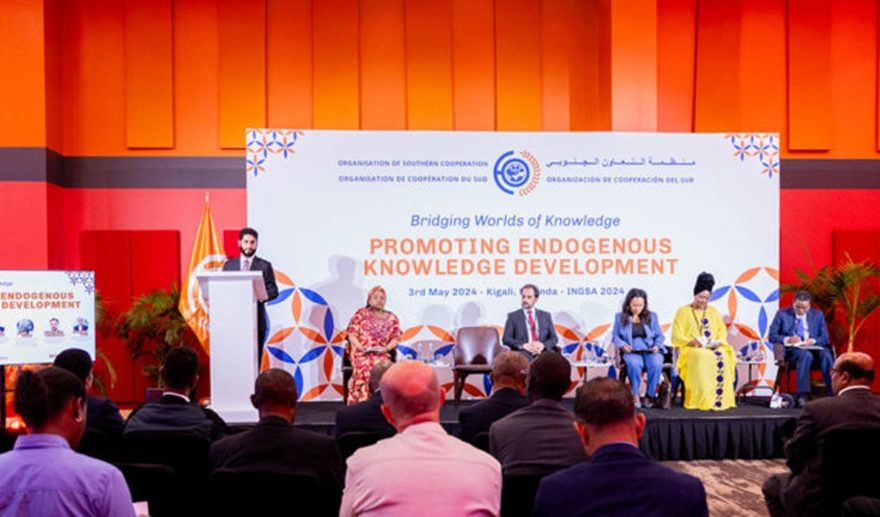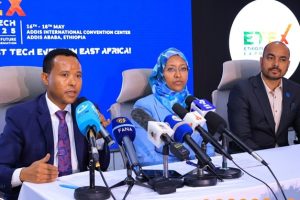
Endogenous knowledge is an integration of indigenous and exogenous knowledge. It promotes a social construction based on the interaction of shared world views. The development of endogenous knowledge helps to use both indigenous and exogenous knowledge for development. Promoting endogenous knowledge is crucial to accelerate development and to customize science, new innovations and external inputs to harmonize with local values.
Promoting the development of endogenous knowledge can help developing countries to promote their values, to capitalize local knowledge and innovations. At the same time, it promotes endorsing and customizing imported ideas and inputs for the socio-economic development. Hence, it promotes the development of both indigenous and exogenous knowledge in the developing world. It focuses on local strategies, knowledge, institutions and resources.
By promoting the development of endogenous knowledge, it helps countries to accelerate their development by using both local and external knowledge. Recently, the Organization of Southern Cooperation (OCS) has organized a panel discussion focusing on effective implementation of endogenous knowledge in the Global South. The panel organized at the 5th International Network for Governmental Science Advice (INGSA24) Conference in Kigali focused on harnessing and bridging the gap between Endogenous knowledge and science within the Global South.
According to a press release sent to The Ethiopian Herald by the OSC, the panel discussion held under the theme ‘Bridging Worlds of Knowledge – Promoting Endogenous Knowledge Development,” shared insights about harnessing diverse information and trans disciplinary research. Similarly, it focuses on promoting and integrating home-grown information into science advice, policy making, and information in the Global South.
More than 300 delegates from 65 countries, international organizations and NGOs attended the session. Addressing the session, OSC Secretary-General, Manssour Bin Mussallam presented three key principles of inequalities that impact the gap- knowledge between and among countries of the Greater South, and other parts of the developed world.
He mentioned the three key principles of inequalities as “The nature of knowledge and what consists legitimate knowledge; the inequities of economies of knowledge, and the geopolitics of knowledge.” The Secretary-General urged for the effective implementation of endogenous knowledge in the Global South to bridge the knowledge gap.
According to the press release, developing and harnessing knowledge, addressing academic and non-academic education and other sectors, were fundamental points raised by the panelists during the session. Accordingly, the panelists stressed on the need for increased dialogue and opportunities to harmonize divergent approaches to endogenous and non-endogenous knowledge for the good of the Greater South.
BY DARGIE KAHSAY
The Ethiopian herald May 17/2024





